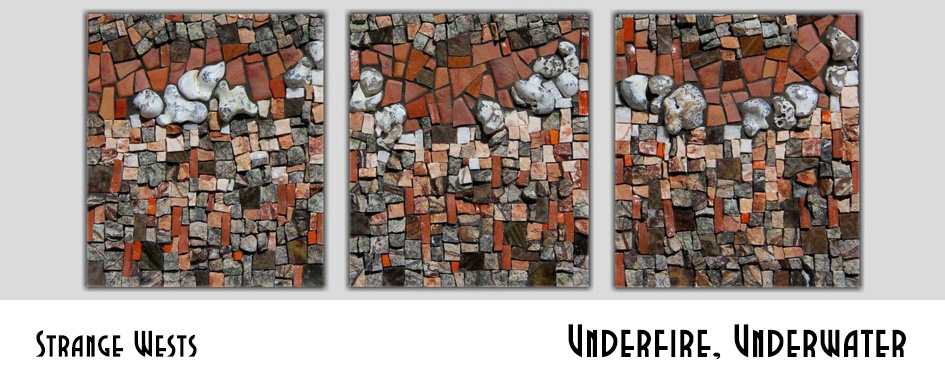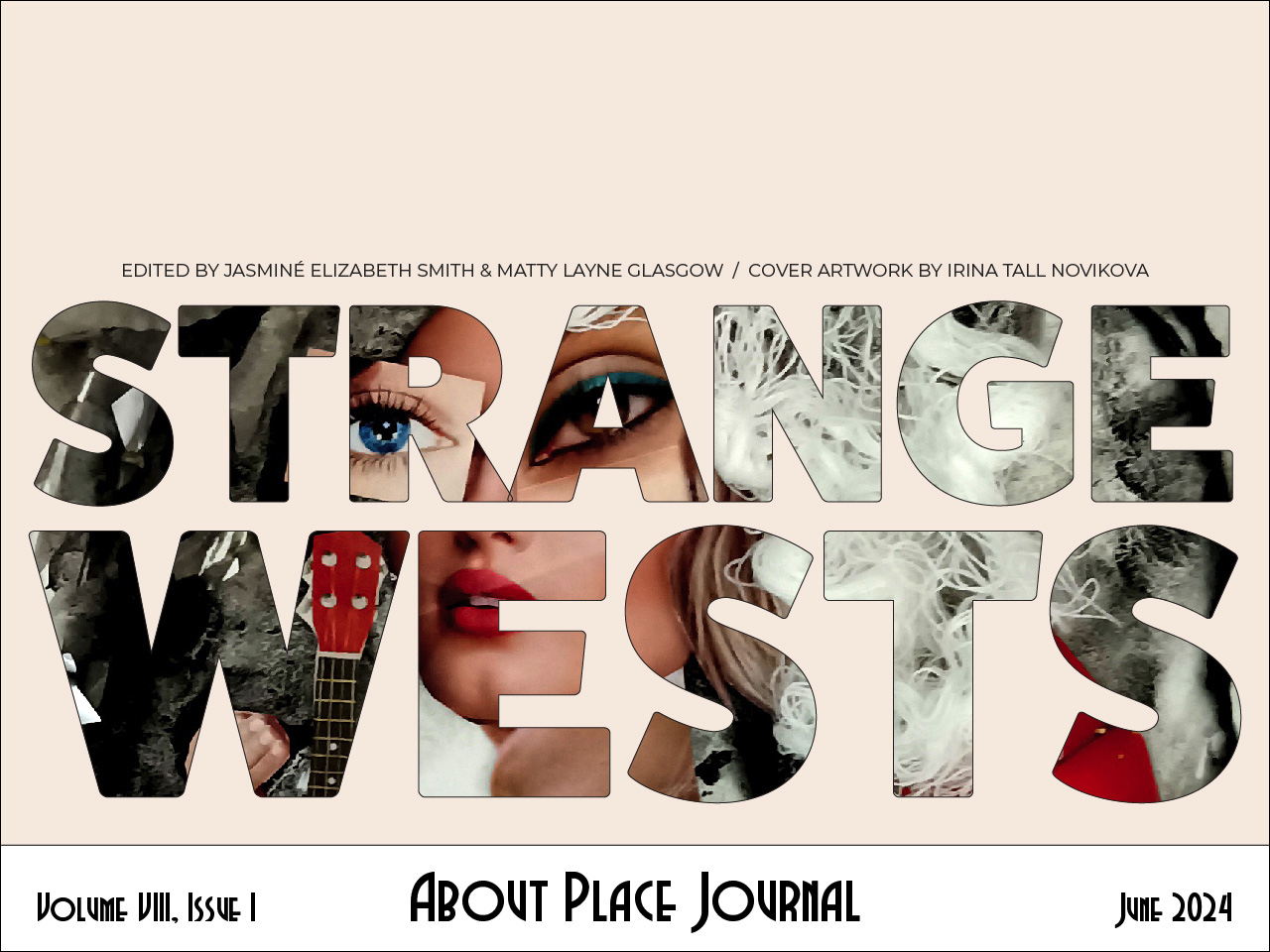Underwater and underfire have a thousand and one connotations when spoken about in context to the West. So many of us who call this region home bear an intimate understanding of what it means to stay afloat or rush to put another fire out. In the opening poem of this section, Wren Tuatha asks about this time and its onslaught of catastrophes: …when will the fire stop following me?
Each year, fire after fire chews through the uncleared forest brush in Eastern Washington and razes foothills as far South as San Bernardino County. Though it is only May, there have been 14,363 wildfires that have burned 1,866,415 acres nationally. In Seattle, locals brace themselves for a summer where we will choke on the smoke season.
And yet, this is only one of the many ways the West is set ablaze: it engulfs us in the housing crises, suppresses student speech on college campuses, disintegrates the ozone layer, melts ice sheets, shifts climate patterns, disappears shorelines and wetlands across California, Oregon, and Washington, and drains the Colorado River to its record low.
While each piece in the section bears witness to the increasing stakes of these perils, they do not do so without, most importantly, a modicum of hope: a river flooding to speak to environmental scientists, sockeye salmon feeding heavily after dam removal, the California sky perform[ing] sweet pinkness[…] the capacity of fruit trees to flower after rain, sky-mouths, the sweep of a wildfire in an Oregon forest’s understory melting the resin of a Jack Pine’s serotinous cone into planting, or the torch of a protest blazing through the streets across Phoenix, Salt Lake, LA, Riverside, Portland, and Seattle.
While we are still far from understanding how to put out the fires of our time, so very afraid to admit/ we are afraid: we might/ be killed we might be killing, we heed its incendiary warning. Though we have never been worthy of such water[.] Full/ of its own sweet glisten, what responsibility do we bear to this land we call West and all its living beings?
With love,
Jasminé Elizabeth


